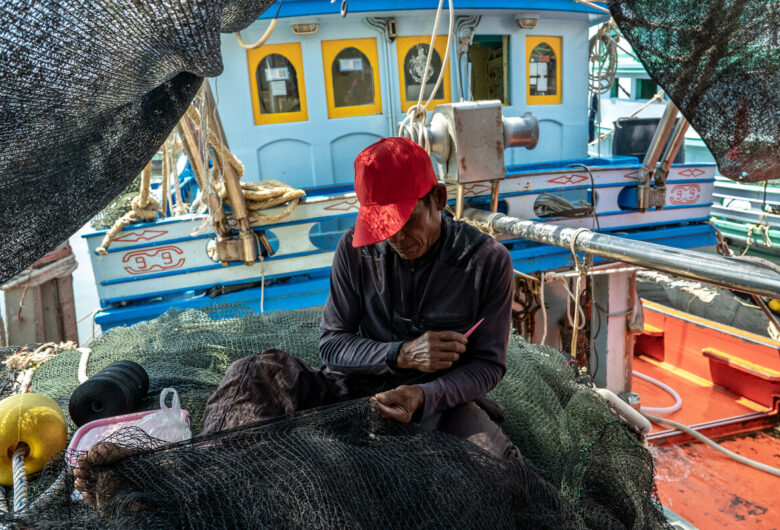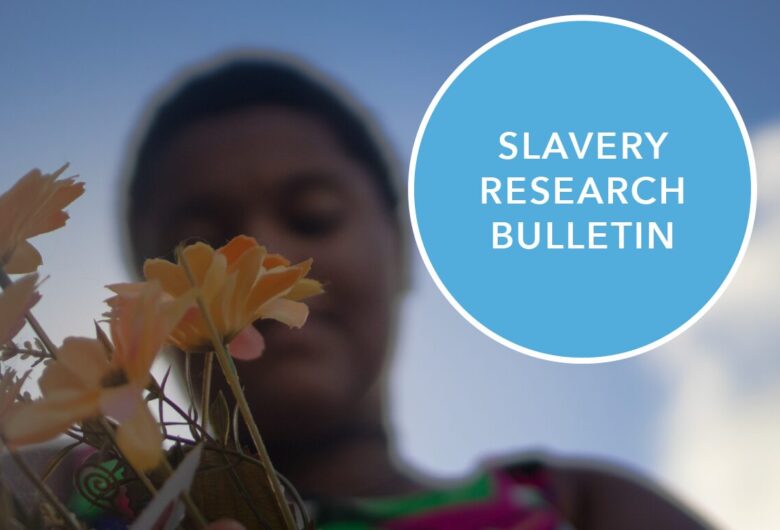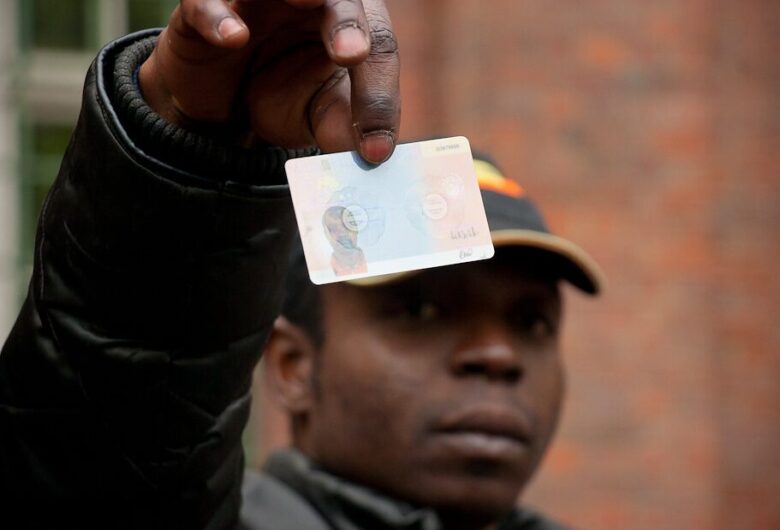Last year in Chennai, the Tamil Nadu State Commission for Women organised a state-level public hearing on “Protection of Women Workers in Textile and Garment Industries in Tamil Nadu.”
The event was the first of its kind in Tamil Nadu to specifically address issues faced by female textile workers. It served as a platform to bring issues faced by a marginalised group into the spotlight and demand action on the part of businesses. The event highlighted the need for enhanced government oversight to ensure the proper enforcement of laws and regulations.
During this event over 40 cases were brought forward from textile workers highlighting the issues prevailing in the industry and seeking relief for their specific situation. Cases were related to accident, death, and non-payment of government-mandated benefits. A panel of jury members—including the chair of the commission, commission members, retired high court judges, and human rights lawyers—heard each case. The jury provided directions to concerned government departments for resolving each case and summoned the mill management and requested their swift action and response.
The Tamil Nadu Alliance, a group of networks and organisations all working on issues related to textile workers, was asked to be involved in the preparation of the cases for this hearing and has been closely involved in following up with the women’s commission after the hearing to ensure action is taken. The Freedom Fund is a founding member of the alliance, and Freedom Fund partners were also involved in bringing cases forward for this hearing.
Following the hearing, a few important steps have been taken. The South Indian Mill Association sent a circular to all their members requesting that they ensure registration of their hostels and formation of Internal Complaints Committees at each workplace. In addition, the State Women’s Commission sent a letter to all District government leaders asking them to swiftly approve any hostel registrations that have already been submitted. And by the end of last year, eight of the cases presented were known to have been compensated by the mill owners, and further follow up is taking place. The State Women’s Commission is also drafting a policy for workers in textile and garment industries in coordination with the Department of Labour.
The Freedom Fund’s southern India hotspot is helping to reduce bonded labour in the textiles industry by supporting frontline organisations that protect adolescent girls working in spinning mills.
Pictured: A former mill worker testifying at the Public Hearing on 23 October 2018.



